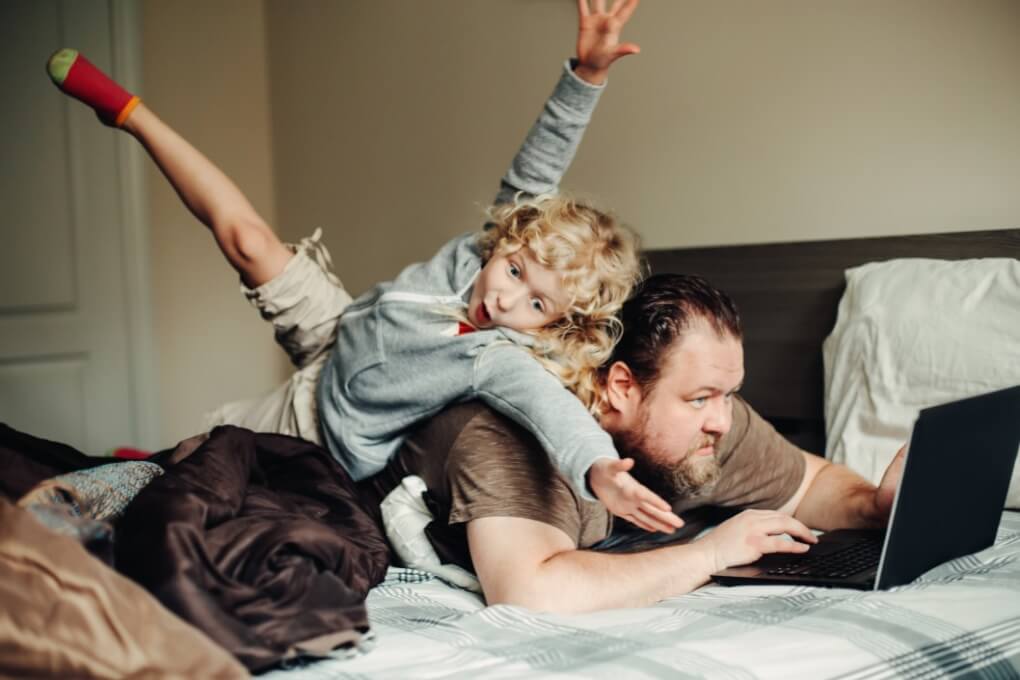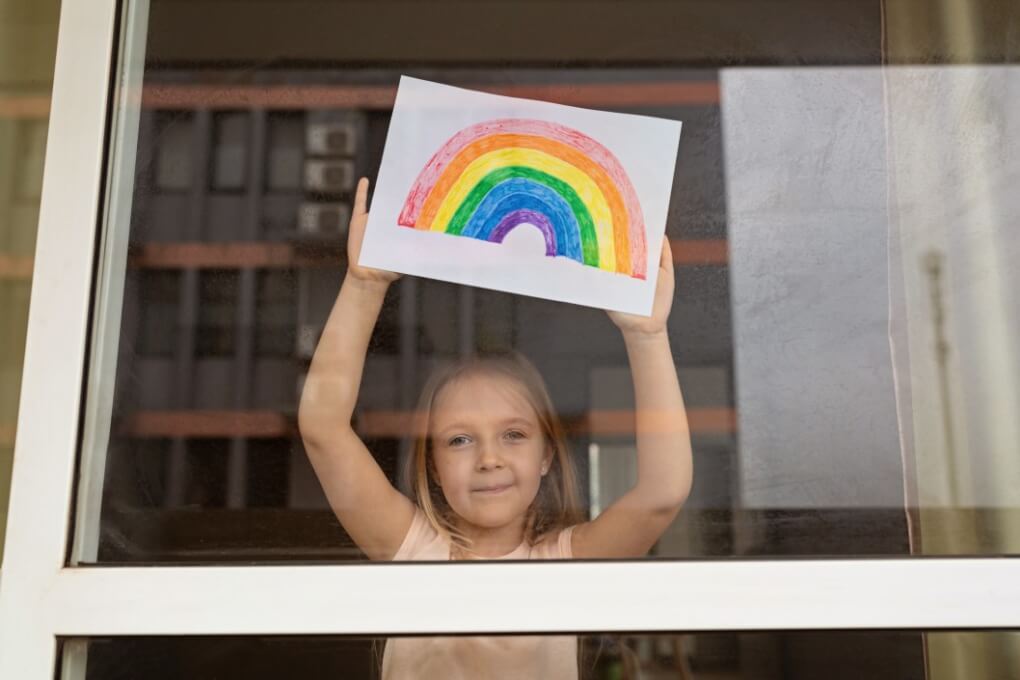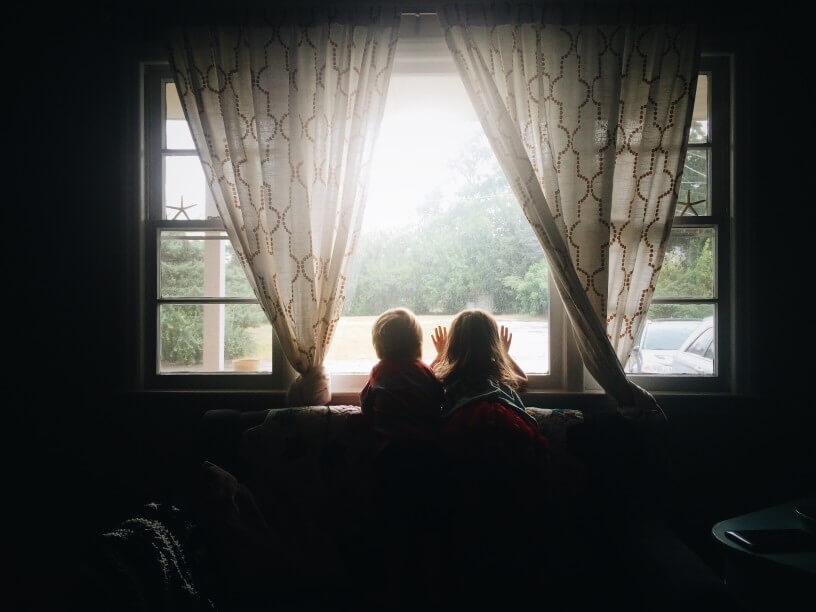How to protect the mental health of our children
The pandemic is spreading. We have almost a year of restrictions, social distancing, and distance education. A year in constant risk of being infected with a virus, which threatens our lives. We have all suffered the onslaught of the coronavirus.

work from home new typical home office lifestyle work-life balance father child family together staying sane with children and helping them feelings
Who has not felt anxiety, sadness and even hopelessness?
At some point, even for a second, we have felt distressed. And it is that the human being is not programmed for so much uncertainty.
Children have also suffered.
Trying to study from home, away from their friends, in constant contact with family or caregivers, who in turn, look for a way to divide ourselves to supervise them fill their needs, this while trying to work remotely. For many women, like myself, this is the norm.
These significant changes in our routine have consequences for mental health. Some are more visible than others. The distance from their friends has saddened many children and adolescents. Many have high levels of anxiety due to being so exposed to so much negative news about the pandemic and other situations throughout the world.
After this, some critical questions arise: How to help them manage their mental health? How to provide those tools when we (caregivers) are sailing in the same circumstances?
Faced with this reality, we have to start working on ourselves, accepting the difficult times that we face.
This way, we will be more ready to provide the assistance they need.
Let’s talk to them about emotions. Let’s help them to recognize them.
When my son comes to me crying, one of the things I do is ask him; What are you feeling? Do you feel sadness, frustration, anger, shame? Are you happy, excited, proud, curious?

little girl with blonde hair having fun at home during coronavirus pandemic mental health children helping
We can also share some of our emotions with them. In this way, we help normalize them and understand that feeling is part of life. By assisting them in identifying those emotions, we will make them express them more appropriately. If we have trouble with emotions ourselves, we can begin learning to be mindful, looking for a support group or therapy.
- Are you suffering from mental health such as mood disorders or depression?
Routine is essential. Children need a routine. We must help them regulate the hours of sleeping, eating, studying, and playing. In this way, we help them organize themselves, and if we do it from an early age, they will have a better chance of continuing the same throughout life. I established a routine for my child. I regulated his study schedules, rest, meals, cleaning, and games. Sometimes I have made the program a little more flexible depending on the day’s situation, but this routine has been a great help for him to fulfill his responsibilities.
Encourage other activities. Who has it not happened that, if we are not aware, our children are all day interacting with electronics? They can be glued to video games and the internet for hours. One way to counteract this is by encouraging other activities. Some sports or art can help our children achieve different things. We can also do them together with them and promote family time.
Let’s use technology to our advantage. The majority of children and adolescents dominate electronic platforms. Let’s use them to create spaces where you can share with your friends and loved ones. Plan meetings by video chat. This way, they do not lose contact with important people in their life, and we encourage socialization.
Could you make time to share with them? Sometimes life goes so fast that we do not realize what is happening around us. Setting aside time to spend with our children helps us bond closer and builds trust. Plan a day at the beach, go to a path, be in contact with nature.
Good mental health has many components.
Small changes in our routine can bring positive results for us and our children and adolescents. We all want a new normal to be restored where we can resume our lives as close to what we were used to. But, for the moment, it is necessary to continue adapting to this great challenge.


